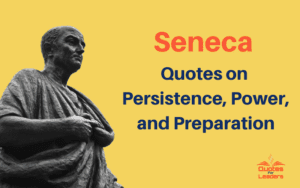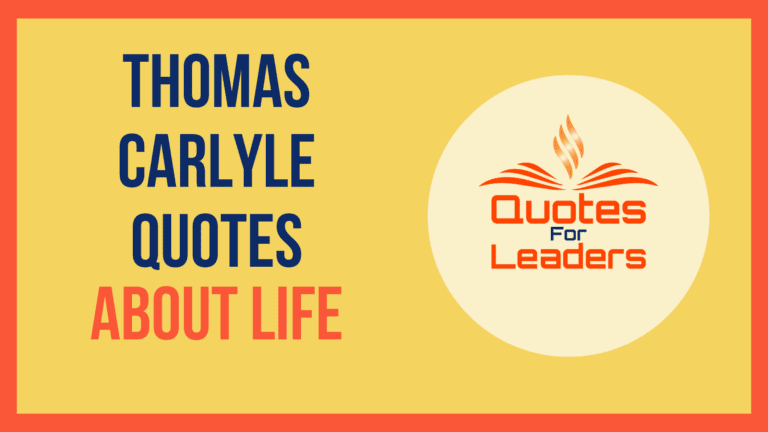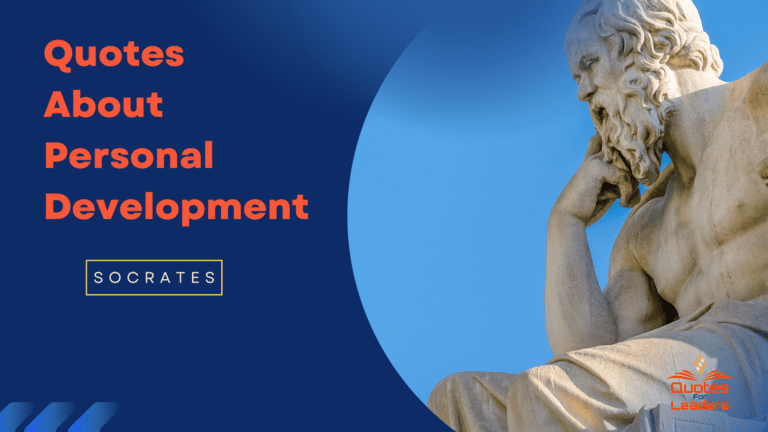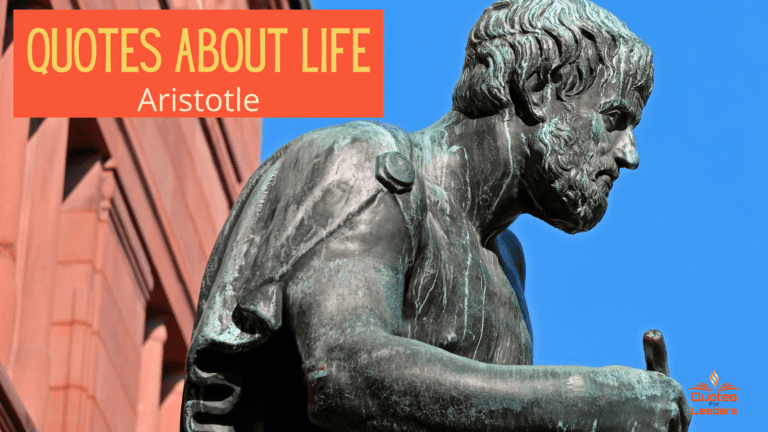The thinker’s guide: Thomas Jefferson’s quotes on knowledge, education and self-management

President Thomas Jefferson was an exceptional polymath. He was the third President of the United States, serving from 1801 to 1809. He was a statesman, diplomat, lawyer, architect, philosopher, and Founding Father. Jefferson was a world-renowned spokesman for democracy and human rights. He excelled as a writer, historian, and inventor. Thomas Jefferson was also an American Revolutionary War leader who helped draft the Declaration of Independence in 1776. He was a key figure in the development of political democracy in the United States as a political theorist.
Jefferson’s ideas and thoughts on knowledge, education, government, and self-management are as relevant today as they were more than 200 years ago. His quotes on these subjects demonstrate his wisdom and his belief in the power of knowledge to change the world.
Check out these quotes from Thomas Jefferson. As you review them, consider their relevance today in your life and consider how you could apply at least one of his bits of wisdom to your life.
Enjoy!
Quotes About Liberty and Freedom
“The tree of liberty must be refreshed from time to time with the blood of patriots and tyrants.”
“The price of freedom is eternal vigilance.”
“I have sworn upon the altar of God, eternal hostility against every form of tyranny over the mind of man.”
“In matters of style, swim with the current; in matters of principle, stand like a rock.”
“The greatest good we can do our country is to heal its party divisions and make them one people.”
“The God who gave us life, gave us liberty at the same time: the hand of force may destroy, but cannot disjoin them.”
“We hold these truths to be self-evident, that all men are created equal, that they are endowed by their Creator with certain unalienable Rights, that among these are Life, Liberty and the pursuit of Happiness.”
“I predict future happiness for Americans if they can prevent the government from wasting the labors of the people under the pretense of taking care of them.”
“Experience hath shown, that even under the best forms of government those entrusted with power have, in time, and by slow operations, perverted it into tyranny.”
“The natural progress of things is for liberty to yield and government to gain ground.”
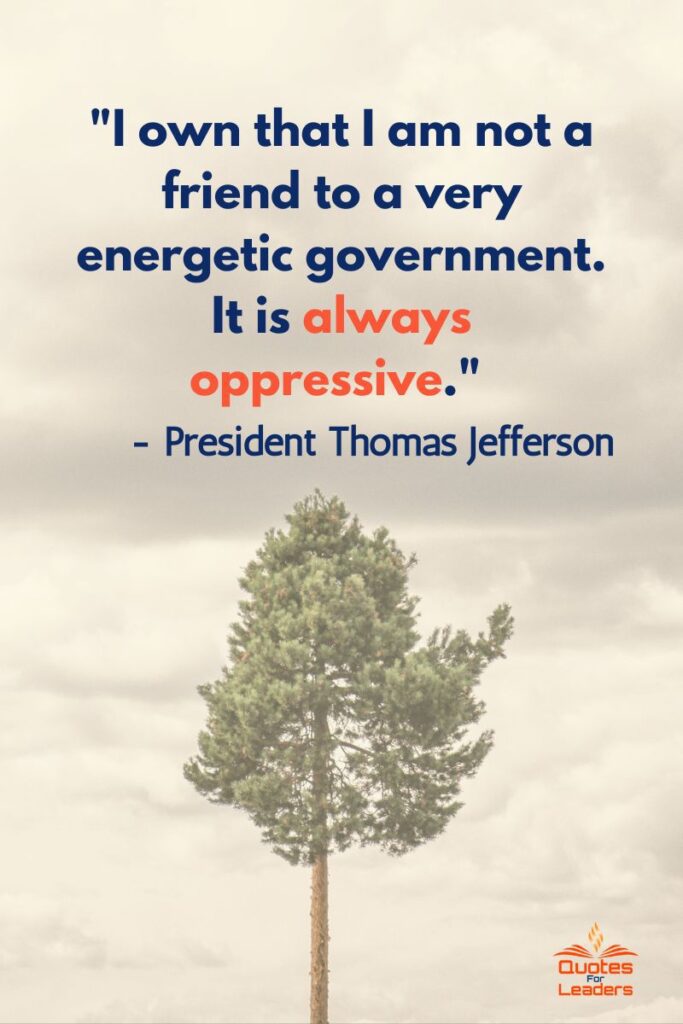
“I own that I am not a friend to a very energetic government. It is always oppressive.”
“The spirit of this country is totally adverse to a large military force.”
“I have no fear that the result of our experiment will be that men may be trusted to govern themselves without a master.”
“A little rebellion, now and then, is a good thing.”
Quotes About Wisdom and Knowledge
“Honesty is the first chapter in the book of wisdom.”
“I cannot live without books. They are my companions, my friends, my teachers.”
“The care of human life and happiness, and not their destruction, is the first and only object of good government.”
“I am a real Christian, that is to say, a disciple of the doctrines of Jesus.”
“I believe that every human mind feels pleasure in doing good to another.”
“It is in our lives and not our words that our religion must be read.”
“The most fortunate of us, in our journey through life, frequently meet with calamities and misfortunes which may greatly afflict us; and, to fortify our minds against the attacks of these calamities and misfortunes, should be one of the principal studies and endeavors of our lives.”
“I believe that banking institutions are more dangerous to our liberties than standing armies.”
“Education is the key to unlock the golden door of freedom.”
“The most valuable of all talents is that of never using two words when one will do.”
“I cannot live without books.”
“The earth belongs to the living, not to the dead.”
Quotes about Self Management, Happiness, and Contentment
“Nothing can stop the man with the right mental attitude from achieving his goal; nothing on earth can help the man with the wrong mental attitude.”
“The greatest good we can do our country is to heal its party divisions and make them one people.”
“It is neither wealth nor splendor, but tranquility and occupation, which give happiness.”
“I predict future happiness for Americans if they can prevent the government from wasting the labors of the people under the pretense of taking care of them.”
“We hold these truths to be self-evident, that all men are created equal, that they are endowed by their Creator with certain unalienable Rights, that among these are Life, Liberty and the pursuit of Happiness.”
“The care of human life and happiness, and not their destruction, is the first and only object of good government.”
“I believe that every human mind feels pleasure in doing good to another.”
“The most valuable of all talents is that of never using two words when one will do.”
“The earth belongs to the living, not to the dead.”

“I predict future happiness for Americans if they can prevent the government from wasting the labors of the people under the pretense of taking care of them.”
“When angry count to ten before you speak. If very angry, count to one hundred.”
“I own that I am not a friend to a very energetic government. It is always oppressive.”
Q: Who was Thomas Jefferson?
A: Thomas Jefferson (April 13, 1743 – July 4, 1826) was an American statesman, diplomat, lawyer, architect, philosopher, and Founding Father who served as the third president of the United States from 1801 to 1809. He was a spokesman for democracy and the rights of man with worldwide influence. President Jefferson was a polymath who was an accomplished writer, historian, and inventor. He was a leader in the American Revolution and helped draft the Declaration of Independence in 1776. As a political theorist, he was a key figure in developing the United States political democracy.
Jefferson was elected the second vice president of the United States in 1797 and became the third president in 1801, serving two terms in office until 1809. He is best known for his authorship of the Declaration of Independence and as the third president of the United States. He also played a major role in the Louisiana Purchase in 1803. He also founded the University of Virginia and was a key figure in early American education.
Jefferson died on July 4, 1826, the 50th anniversary of the adoption of the Declaration of Independence. He died at his home in Charlottesville, Virginia, on the same day as John Adams, his political rival and second president of the United States.
Q: What were some of Thomas Jefferson’s leadership principles?
A: Thomas Jefferson believed in democracy and the rights of man. He was a strong advocate for individual liberty and limited government. He also believed in the power of education and the importance of a well-informed citizenry. He was also a firm believer in religious freedom and the separation of church and state.
Q: How did Thomas Jefferson view the role of government?
A: Thomas Jefferson believed that the government’s role should be limited and that individuals should be free to govern themselves. He believed that the government’s main purpose should be to protect the rights of its citizens and that it should not interfere in the lives of its citizens unless it was necessary to do so.
Q: What were some of the significant accomplishments of Thomas Jefferson during his presidency?
A: During his presidency, Thomas Jefferson played a major role in the Louisiana Purchase in 1803, which doubled the size of the United States. He also helped to establish the Lewis and Clark Expedition, which explored the newly acquired western territories. He also founded the University of Virginia and was a key figure in early American education.
Q: How did Thomas Jefferson view the relationship between government and religion?
A: Thomas Jefferson believed in the separation of church and state and the freedom of individuals to practice their own religion without interference from the government. He was a strong advocate for religious freedom and believed that people should be free to worship as they pleased without fear of persecution from the government.
Q: What is the legacy of Thomas Jefferson?
A: Thomas Jefferson is remembered as one of the Founding Fathers of the United States and a key figure in the development of American democracy. His authorship of the Declaration of Independence and his role in the Louisiana Purchase and the Lewis and Clark Expedition are considered some of his greatest accomplishments. His ideas on individual liberty, limited government, and education continue to be studied and debated by scholars and political leaders. He is also remembered for his impact on architecture and education in the United States.
Thanks for reviewing these quotes from U. S. President Thomas Jefferson. Which was your favorite?
Leave a comment.
Make it a great day!


